Wero's false promise: higher costs and more risks
In 2026, Wero, the new European payment method, is set to replace iDEAL, which is so beloved in the Netherlands. While the internationally acclaimed alternative offers more digital sovereignty and less dependence on major US payment networks, as far as I’m concerned, that’s where the benefits end. Positioning Wero as a worthy successor to iDEAL makes promises that cannot be kept and saddles entrepreneurs and consumers with higher costs and greater risks.
Wero is developed based on creditcard network standards
Wero is developed based on creditcard network standards. This means it also entails different rules and costs. For example, Wero allows for a payment to be reclaimed after the transaction has been completed. However, these “chargebacks” result in additional costs for the merchant. Extra procedures and processes around disputes and evidence for contested payments need to be put in place. These are additional costs, even if a chargeback is successfully resolved. Moreover, the uncertainty around payments brings significant risks for businesses.
Higher transaction fees
The transaction fees charged by Wero are also very likely to be higher compared to iDEAL. Whereas iDEAL charges a fixed, low fee per transaction, the costs for a payment via Wero are based on a percentage model, similar to credit card payments.
The European Payments Initiative (EPI), which developed Wero, has indeed promised that the new payment method will not be more expensive than iDEAL for the first two years. However, it’s unclear what exactly this means. In any case, the rate will increase after two years, creating uncertainty about what the exact costs will be. And even if the per-transaction fee remains the same, the extra procedures around chargebacks will still cause a significant cost increase for businesses.
Wero is a new product
Welcoming Wero with enthusiasm and positioning it as the successor to iDEAL is therefore unrealistic and, in my view, even misleading. It should be seen as a new product. One of the few similarities between the two methods is that payments are carried out bank-to-bank instead of via an American creditcard company.
It remains to be seen how the (forced) migration from iDEAL to Wero will unfold. Judging by Wero’s performance in other countries where it has been implemented so far, the outlook is not particularly promising. In France and Germany, the method has been integrated into some banks’ apps, but transaction volumes are extremely low. Consumers are onboarded, but hardly use Wero. Interestingly, in Belgium, Bancontact continues to exist, unlike iDEAL. There, no mandatory migration is being imposed, so the impact will be less significant.
From frontrunner to lagging behind
The pioneering role that Dutch banks had as initiators of iDEAL has now put us at a disadvantage due to iDEAL’s acquisition by the EPI. With the transition from the Netherlands’ most popular payment method to a Western European payment system, businesses and consumers are faced with a fait accompli and must prepare for a new payment environment with an uncertain cost structure and greater payment risks. Payment service providers must therefore take the lead in working with their customers to explore better alternatives.
Pay By Bank solution as an alternative to iDEAL
At OPP, we want to offer our customers a more logical and suitable solution. We have this in the form of Payment Initiation Services (PIS), also known as Pay By Bank. This provides a user experience almost identical to iDEAL: the consumer selects their bank, logs in via the familiar banking environment, and then confirms the payment. PIS also has no chargeback mechanism, which limits risks for merchants. Additionally, PIS is more cost-effective and easy to implement. PIS can seamlessly replace iDEAL. Of course, we can also assist partners who wish to implement Wero as a new payment method.


.svg)





.svg)




.svg)
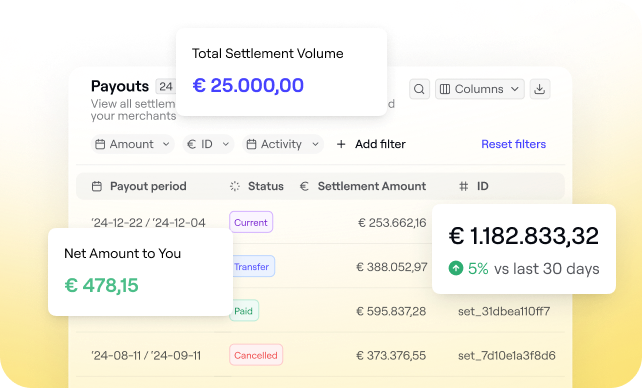
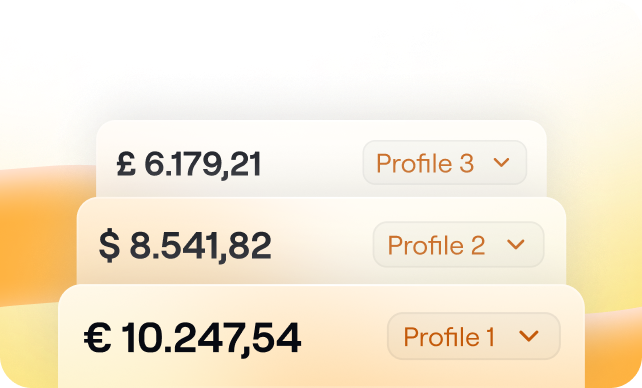


.svg)
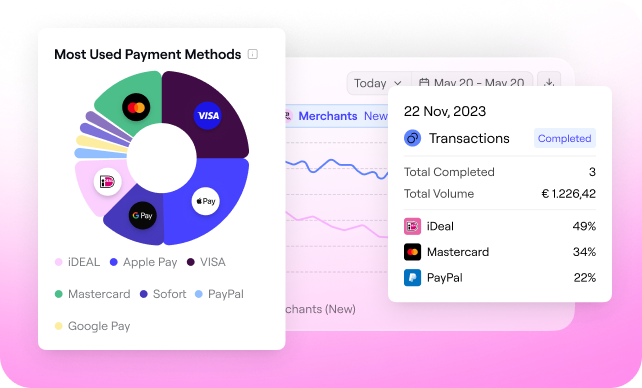
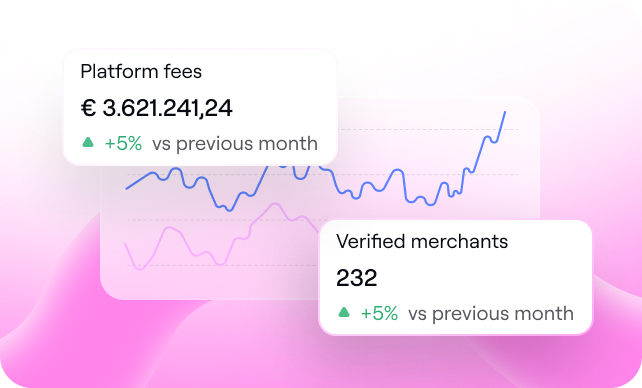

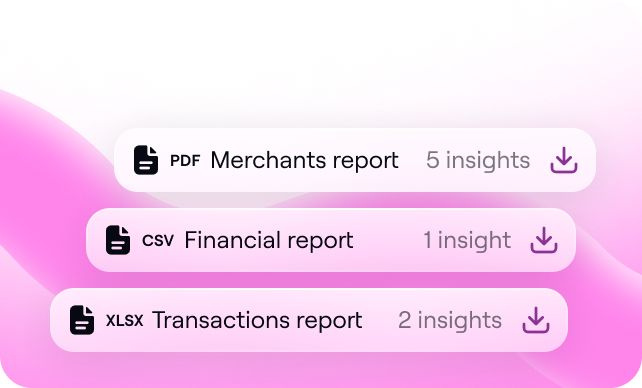
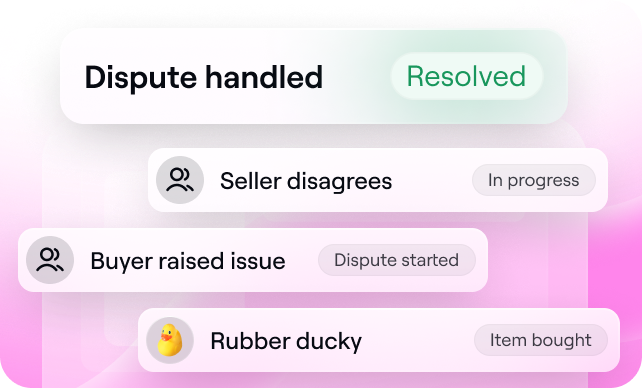
















.png)
.png?width=75&height=51&name=Worldline%20(2).png)